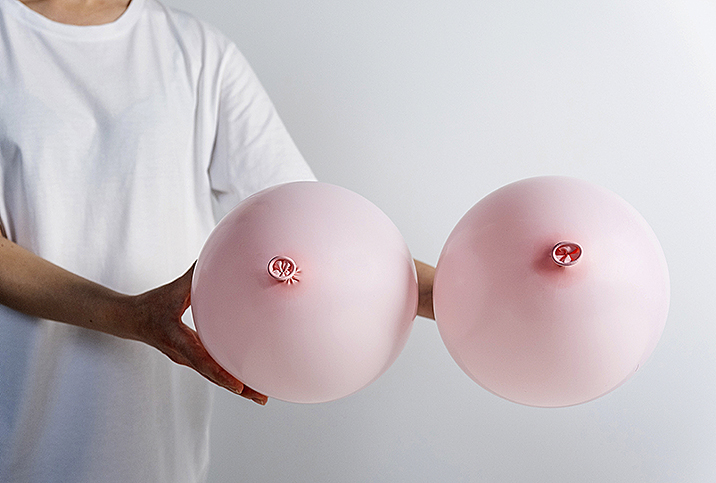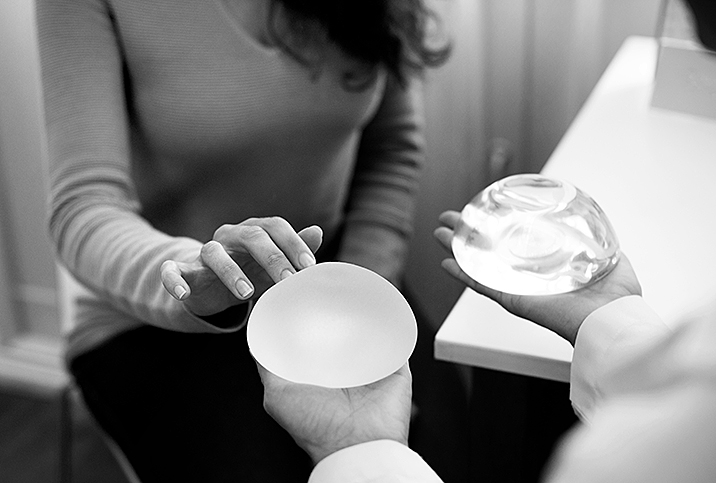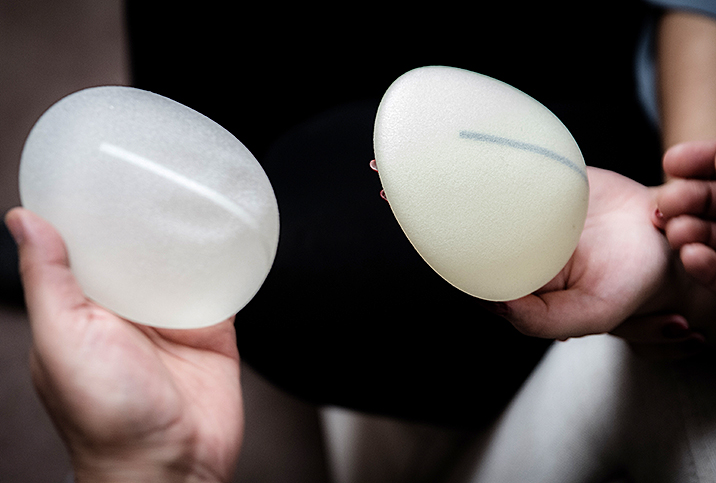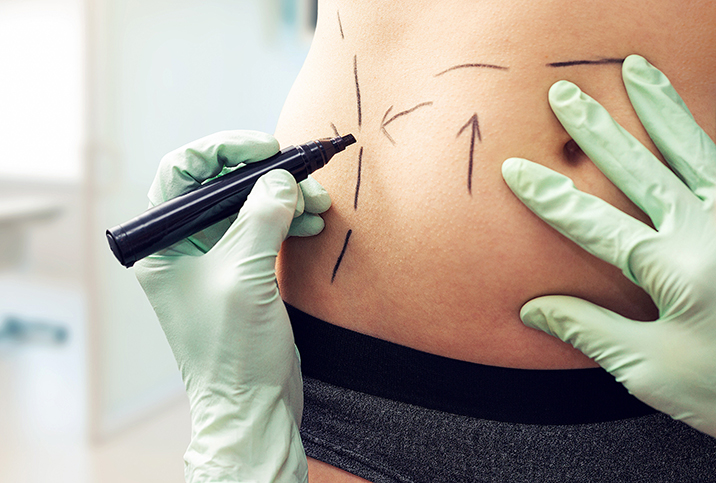Breast Implant Maintenance: What You Need to Know

Though breast implants are considered to be safe and durable devices, medical professionals say it’s important to get them checked every couple of years to ensure that no complications have occurred since the implants were placed.
How long do breast implants last?
The average breast implant lasts for about a decade, according to the Mayo Clinic. However, thanks to decades of research into ways to optimize their safety and efficiency, most breast implants today can last several years past the 10-year mark, according to the American Society of Plastic Surgeons.
Breast implants might safely last a decade or more without being replaced, but that doesn’t mean their appearance won’t change over time. Just as the women who get breast implants have a wide array of different body and breast types, the implants themselves also have myriad sizes, shapes, types of shells, fillers and placements. Breast implants will age along with a woman’s body, which, over time, can increase skin laxity and more.
While technological advances have made breast implants safer and more durable over time, the bottom line is they don’t last forever.
It’s a good idea for women who get breast implants to maintain a relationship with a board-certified plastic surgeon, as most individuals will eventually see the day that their breast implants need to be adjusted, replaced or removed.
Signs you may need a breast revision
A breast revision refers to a surgical procedure in which individuals get their breast implants removed and replaced. At times, patients might opt to get a breast lift during the procedure.
The reasons an individual might seek a breast revision can range from safety concerns to a simple change in preference for the size or shape of the breasts. However, the most common reason women get breast revisions is because they want to change the size of their breast implants after realizing the original implants were either too big or small for their taste.
After women get breast implants, their body will form a protective scar, or capsule, around the implant. While it’s normal to develop this capsule, it is usually soft. However, there are times when the scar capsule can harden, thicken and contract on the implant, causing the implants to feel hard and lift up onto the chest wall, a condition known as capsular contracture. Women who experience capsular contracture can get a breast revision to remove the implant, reshape the breast pocket and replace the implant. In these cases, a breast revision can offer relief from discomfort and the correction of implants that no longer look natural.
Breast implants might safely last a decade or more without being replaced, but that doesn’t mean their appearance won’t change over time.
While implants are typically circular, some are in the shape of a teardrop to mimic a more natural shape. Over time, teardrop-shaped implants can sometimes rotate, causing them to look uneven. A breast revision can remedy this problem.
Getting breast implants of any kind carries with it the risk of those implants someday rupturing. If an implant ruptures, a breast revision will be necessary to replace the device and to clean up the leaked filler, depending on the type of implant.
What if a breast implant ruptures?
Treating a ruptured implant requires a different procedure depending on if it is a saline or silicone implant.
Saline implants are filled with a sterile saltwater solution. In the event a saline implant ruptures, it will deflate and cause the size and shape of the implant to change. According to the Mayo Clinic, the body will absorb the saline solution without health risks. However, surgery is still required to remove the implant shell.
Unlike with a saline implant rupture, you might not realize right away, or sometimes ever, that a silicone implant is leaking. This is because the silicone gel that fills silicone implants usually gets trapped in the fibrous tissue—the scar-tissue capsule—that surrounds the implant.
Leaking silicone gel isn’t thought to cause serious health problems, according to the Mayo Clinic. However, it is a good idea to get a ruptured silicone implant fixed, because the leak can cause breast pain, inflammation and scarring. As well, it can thicken and change the shape and contour of the breast over time.
Breast implant checkups
While technological advances have made breast implants safer and more durable over time, the bottom line is they don’t last forever. In fact, every year beyond a decade that an implant goes unreplaced, it becomes slightly likelier that it will eventually rupture.
For this reason, it’s crucial for you to do regular self-checks, and equally important to talk to your doctor immediately if you notice something irregular. It’s also important to maintain annual health checkups during which your doctor assesses the health of your implants.
If you’re a woman older than 40, you should still get annual mammograms. Breast implants can sometimes obscure issues from being detected on a mammogram, but if your health provider knows beforehand that implants are involved, the procedure will be adjusted to provide the best results.

















